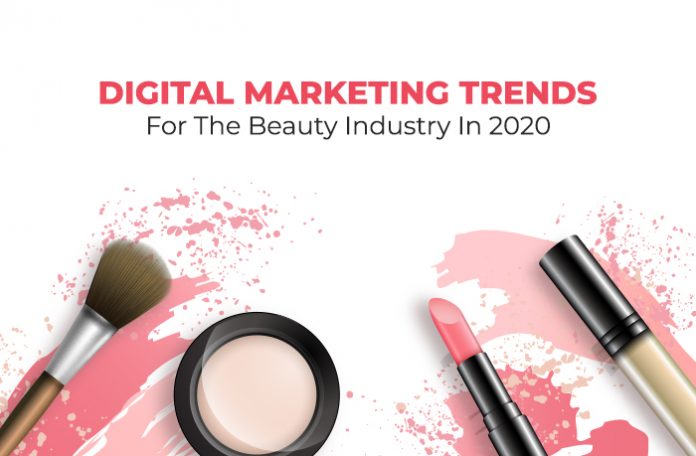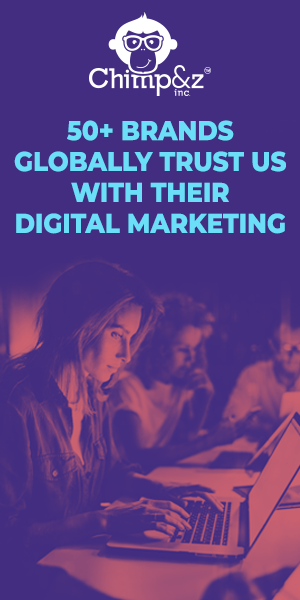The beauty consumption market has seen tremendous growth in the last few years. It is expected to keep growing in the upcoming years. Furthermore, brands are able to reach customers globally through digital marketing services.
In this day and age, change seems to be the only constant in digital marketing as well.
Let’s look at some digital marketing trends which could be adopted by the beauty industry in 2020 to assist them in creating more leads and staying relevant.
Smooth Omni-channel Experience
As much as a Multi-Channel experience has dominated the beauty industry, online users face various obstacles throughout the experience. Therefore, its time the industry makes a shift into an Omni-channel experience. Omni-channel experience is defined as a process created to provide consumers with a seamless and consistent buying experience. As an advantage, the experience leads to an increase in sales and return in customers.
One such beauty giant that has been successful in creating an Omni-channel experience is, Sephora. To create a seamless experience, the beauty brand has merged in-store experience with online capabilities through the presence of ‘Beauty Bag’. The ‘Beauty Bag’ allows shoppers to scan through details of all items and try on products virtually. Along with this feature, Sephora is able to keep track of products that each shopper wants to purchase.
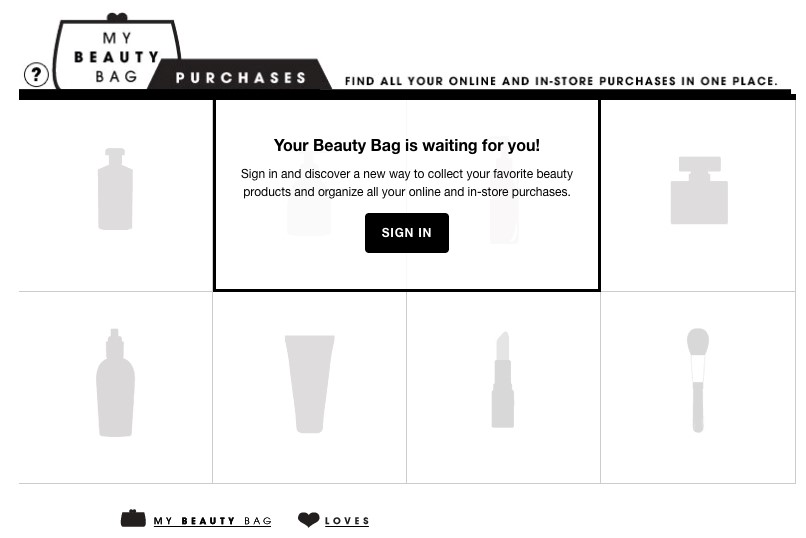
Image Source: https://api.sephora.com/purchase-history
Beauty retailers who fail to do so are at risk of being left behind!
Increase in digital launches
Most of the beauty interactions take place on social media platforms like Instagram, making the beauty industry very heavy on visual orientation. More so, the number of people exposed to laptops and mobile phones are increasing.
For example, ‘Fenty Beauty’ owned by Rihanna, a singer and businesswoman, had a huge impact on beauty ever since it launched digitally. Built on the concept of ‘Beauty for All’, the brand was able to reach 1.4 million followers on Instagram in just four days. They were able to deliver concepts like body positivity and inclusivity to women of all colour. Over the years, ‘Fenty Beauty’ has continued to grow its approach across other digital mediums like YouTube and has been successful in generating engagement.
Recently, NYX cosmetics has digitally launched its own ‘Face Awards’ that allows video bloggers to compete online. The winner of this competition is then decided by their audience.
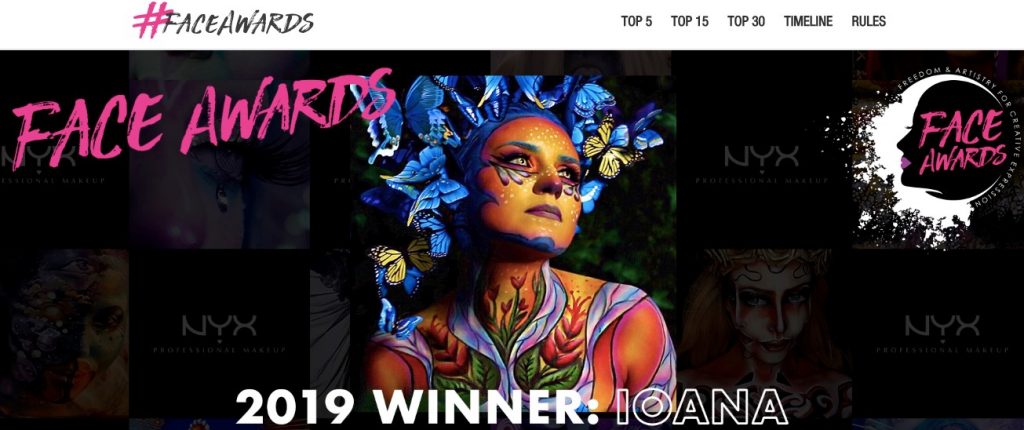
Image Source – https://www.nyxcosmetics.com/faceawards.html
Therefore, the beauty industry is willing to give up the traditional approach thereby, making digital-first launches in the future.
Machine Learning Chatbots: To better customer experience
When talking about beauty, consumers go way beyond just brand loyalty to find a product that fits all their needs. Chatbots, the newest form of technology, has known to make the lives of customers easier. In simple words, it is a computer program designed to make conversation with users, especially online. One can build a chatbot with the help of machine learning. Thus, they are created to answer personalised customer questions.
One beauty brand that recognised the potential of a chatbot is L’Oreal. L’Oreal’s ‘Beauty Gifter’ is a platform through which the brand can make one-on-one chat conversations with the customers. On Facebook Messenger, the ‘Beauty Gifter’ presents the buyers with a range of questions, pertaining to the recipient’s beauty preferences. The objective of this incorporation is to better customer experience.
The year of 2020 will see technological advancements in machine learning leading to improvement in the overall customer experience.
Wider Use of Augmented Reality
Augmented Reality is a digital marketing strategy of enhancing real world objects through computer generation. The beauty industry uses augmented reality in the form of virtual experiences. Through this experience, users get the opportunity of virtually testing and trying out make up, hair care and skincare products. This strategy makes it easier for customers to visualize the product.
Benefit Cosmetics created the ‘Brow Try-On’ for their eyebrow collection. The website allows users to virtually try on lots of eyebrow shapes, sizes, and colours. Benefit gives detailed instructions on how to re-create it using their products. Recently, Kylie cosmetics debuted an Augmented Reality Instagram filter that allows users to virtually try on seven of their most popular lip shades.
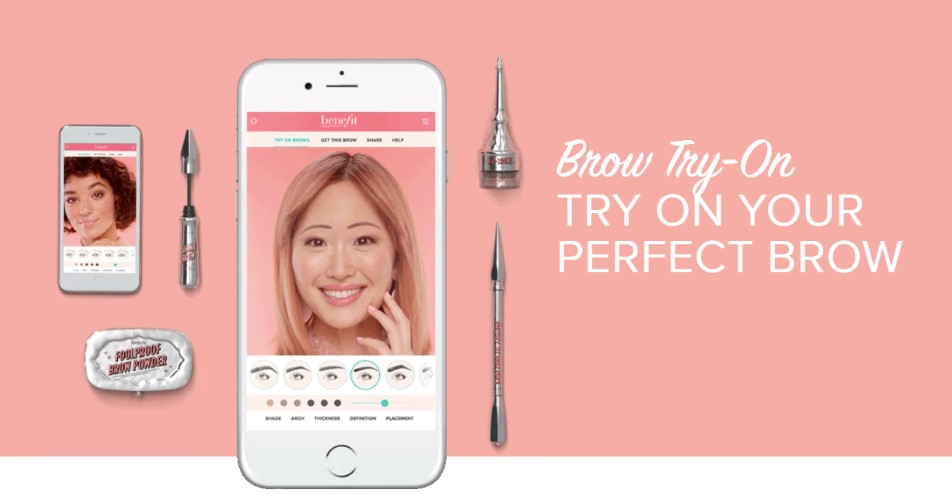
Image source – https://www.benefitcosmetics.com/ph/en/brows
Emerging tech like augmented reality and its implementation by Benefit is encouraging more beauty brands to work on such fulfilling web experiences.
Booming of Voice Services
Voice technology is in the process of transforming the beauty industry. As per Google, one out of every five mobile enquiries is related to voice. The introduction of ‘Alexa’ is one of the primary reasons to have led to the boom in the use of voice technology. Voice technologies have helped in reaching out to a newer generation.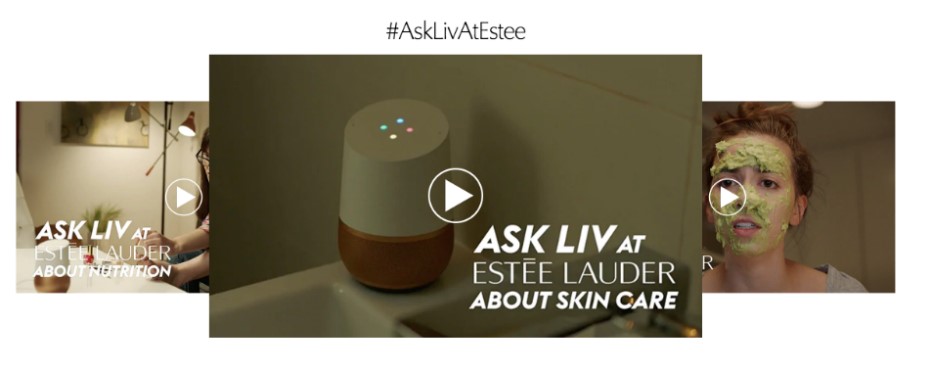
Image source – https://www.esteelauder.com/whats-new/google-home-collaboration
Estee Lauder’s ‘Ask Liv’ video
One such example is Estee Lauder, a leading luxury beauty brand. They made an initiative with voice technology through the release of “Liv at Estee Lauder”, in collaboration with Google’s artificial intelligence technology. On saying “Ask Liv” to your smart speaker, users have the opportunity to receive a customised night care routine through a one-on-one conversation. The objective of the release was to provide consumers with personalised services and solutions for all skincare concerns.
Voice services is the way forward for innovative leaders in the beauty industry, who are willing to become a part of the digital transformation.
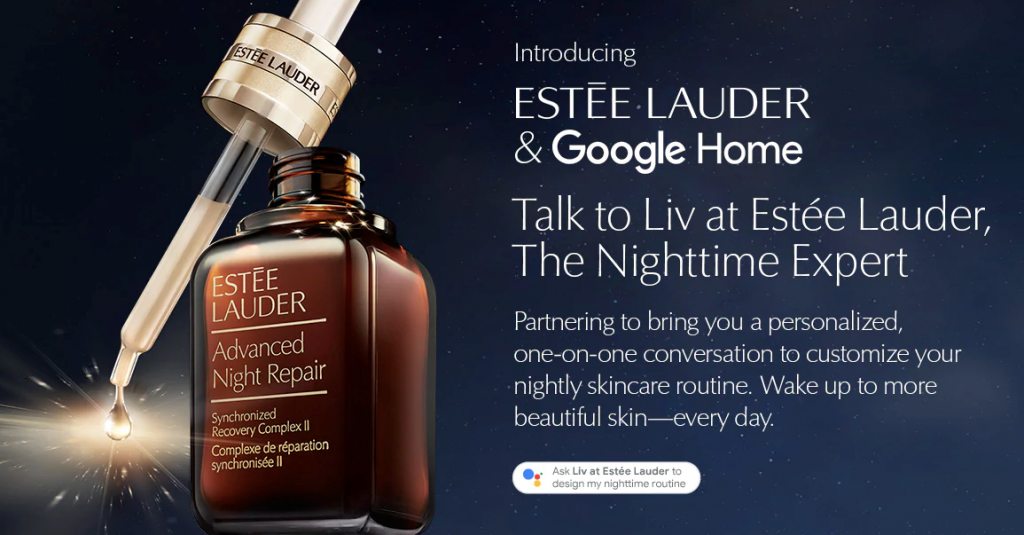
Image source – https://www.esteelauder.com/whats-new/google-home-collaboration
As 2020 is around the corner, we hope to witness growth in the beauty industry’s marketing trends. By applying some of these beauty industry marketing strategies, the brands will connect with their audiences better.













